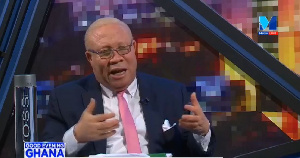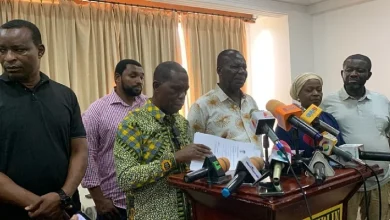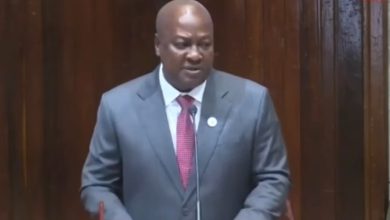Akufo-Addo is a smart politician, he’ll assent anti-LGBTQ+ Bill – Foh Amoaning

Moses Foh-Amoaning, the Executive Secretary for the National Coalition for Human Sexual Rights and Family Values Bill, believes that President Nana Addo Dankwa Akufo-Addo will sign the recently passed anti-LGBTQ+ Bill.
On February 28, 2024, Parliament passed the bill which outlaws LGBTQ activities and criminalizes its promotion, advocacy, and funding.
Individuals found guilty would face a jail term of 6 months to 3 years, while promoters and sponsors of the act could face a 3 to 5 year jail term.
The passage of the Bill has drawn criticism from some stakeholders, including the Ambassador of the United States to Ghana, Virginia Evelyn Palmer.
Foh-Amoaning underscored the potential political implications if the President fails to sign the Bill, warning that the opposition National Democratic Congress (NDC) could gain political advantage in the 2024 general elections.
“Well, the President is a very smart politician and what I’ve told everybody who asked me this question is, first of all, there’s no President who has ascended the presidency of Ghana who has used the word of God more than this President. So, the point I’m trying to make is, with all that I know about the President, I know he will sign this bill.
“If he refuses to sign, it would be very easy for the NDC, [they] will just package the NPP as Trumu Trumu party,” he stated in an interview on 3FM.
He reaffirmed his commitment to uphold Ghanaian family values and pledged to confront opponents of the anti-gay bill in court.




